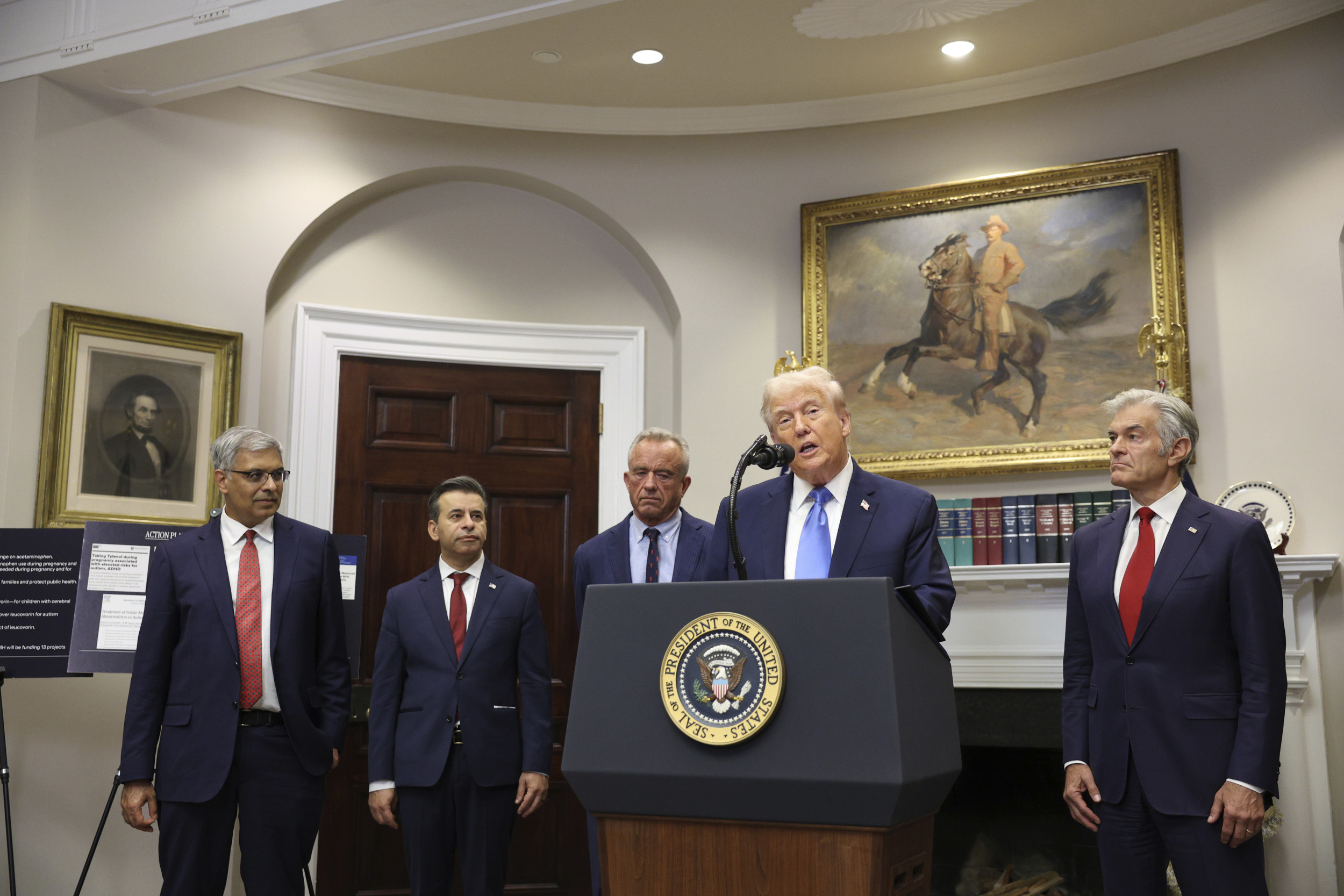
President Donald Trump‘s rapidly approaching “Liberation Day” sent global stock markets into sharp swings.
Tesla shares fell 2 percent on Monday, deepening their year-to-date decline to 36 percent, making the company one of the worst-performing stocks in the S&P 500 so far this year. Much of the drop is attributed to growing concerns that the electric vehicle maker’s public image has become too closely tied to its CEO, Elon Musk.
Musk’s high-profile role in leading U.S. government cost-cutting initiatives has sparked political backlash, fueling protests at Tesla showrooms across the country. The controversy has added to investor unease, contributing to the company’s downward momentum.
The decline marks a sharp reversal from Tesla‘s roughly 90 percent rally in the weeks following November’s Election Day, when investors speculated that Musk’s ties to former President Donald Trump could bring financial benefits to the company. As of now, Tesla’s stock has returned to roughly the same level it was at on November 5.
The S&P 500 climbed 0.6 percent on Monday after another volatile trading session. Despite the rebound, the index ended the first quarter down 4.6 percent, marking its worst quarterly performance in two and a half years. The Dow Jones Industrial Average also reversed earlier losses to finish the day up 1 percent.
Dramatic market swings have become the norm on Wall Street lately, driven by uncertainty over President Trump’s tariff plans — and how severely they might fuel inflation and slow economic growth. Monday’s volatility followed a global sell-off earlier in the day, as concerns mounted over the potential impact of the tariffs, which Trump claims will help revive U.S. manufacturing jobs.
This is a developing news story and will be updated as more information is available.
Reporting by the Associated Press contributed to this story.

Associated Press




